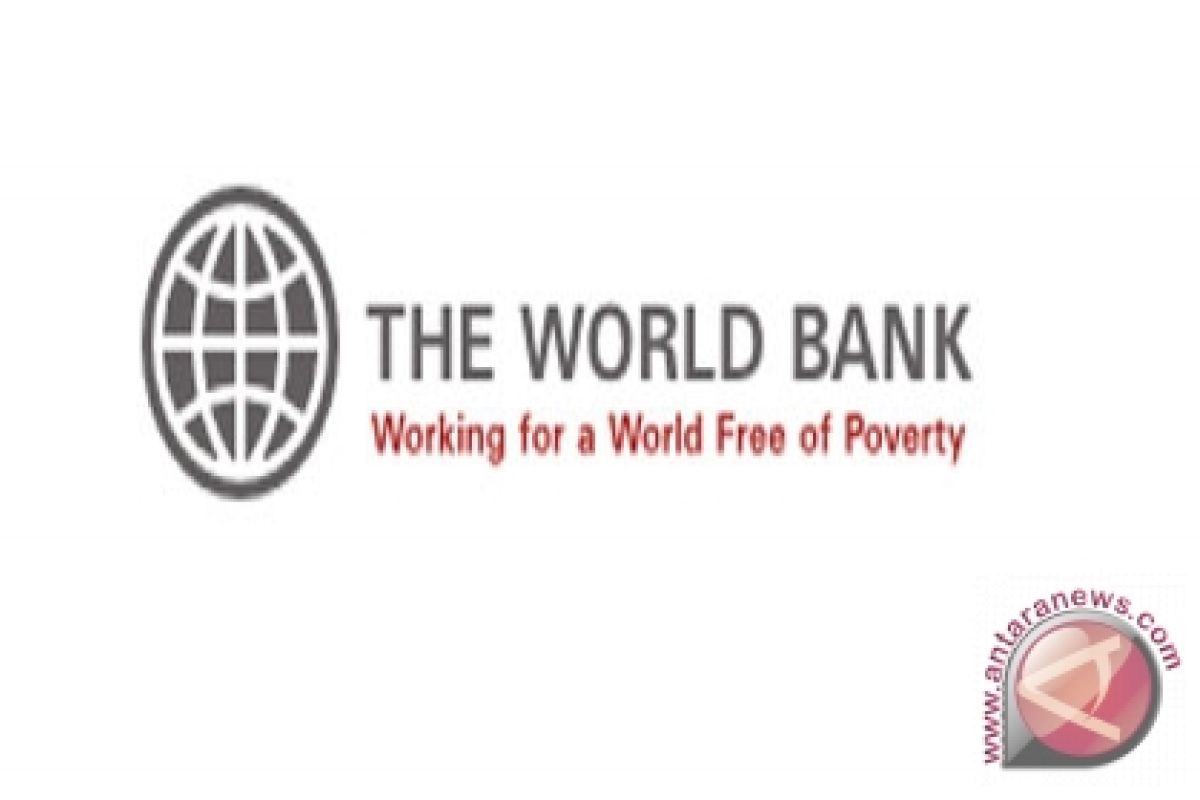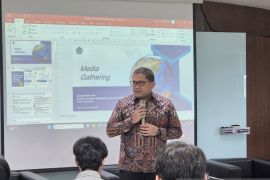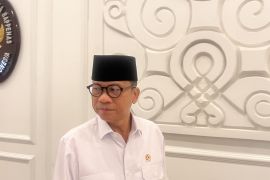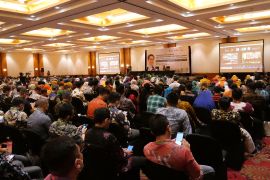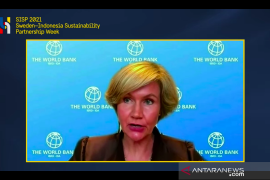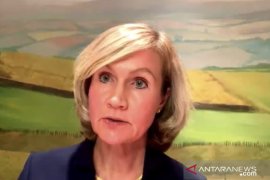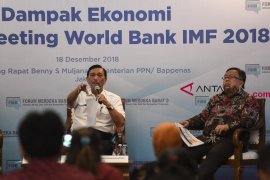"They have revised the growth target down to 5.9 due to global effects and because investment drops," Finance Minister Chatib Basri said.Jakarta (ANTARA News) - Finance Minister Chatib Basri said the World Bank has revised down Indonesia`s economic growth target from 6.2 to 5.9 percent because global economic conditions have not yet improved.
"They have revised the growth target down to 5.9 due to global effects and because investment drops," he said here on Tuesday.
The minister said to meet the World Bank`s projection the government would take extra efforts so that the growth target that had been set in the revised budget could be met.
"The government must take extra efforts to achieve the target. I think it would not be easy but we would do it," he said.
Deputy finance minister Mahendra Siregar meanwhile said the government must be alert over global economic slowdown because Indonesia`s trade partners have not yet fully recovered from the crisis.
Among actions that could be taken by the government as anticipatory measures against global pressures are conducting structural reform and improving the budget policies to make them more just.
"Global conditions are still very dynamic and could change at any time. In view of that we must take anticipatory measures," he said.
Mahendra said he was optimistic with various efforts that had been taken by the government the national economy could still grow above six percent.
The World Bank revised the country`s economic growth for 2013 from 6.2 percent to 5.9 percent due to weakening domestic consumption and declining exports.
"There will still be volatility until the end of the year due to a slowdown in domestic demand and continued pressures on the prices of commodities as well as export revenue," World Bank chief economist Ndiame Diop said.
Ndiame said Indonesia must make adjustment to continuing economic pressures such as slow growth in the first quarter and planned withdrawal of Quantitative Easing policy, to secure its macro-economic stability.
"Maintaining a macro-economic policy which is flexible but predictable and communicated well would help Indonesia pass through current uncertainties," he said.(*)
Editor: Heru Purwanto
Copyright © ANTARA 2013
